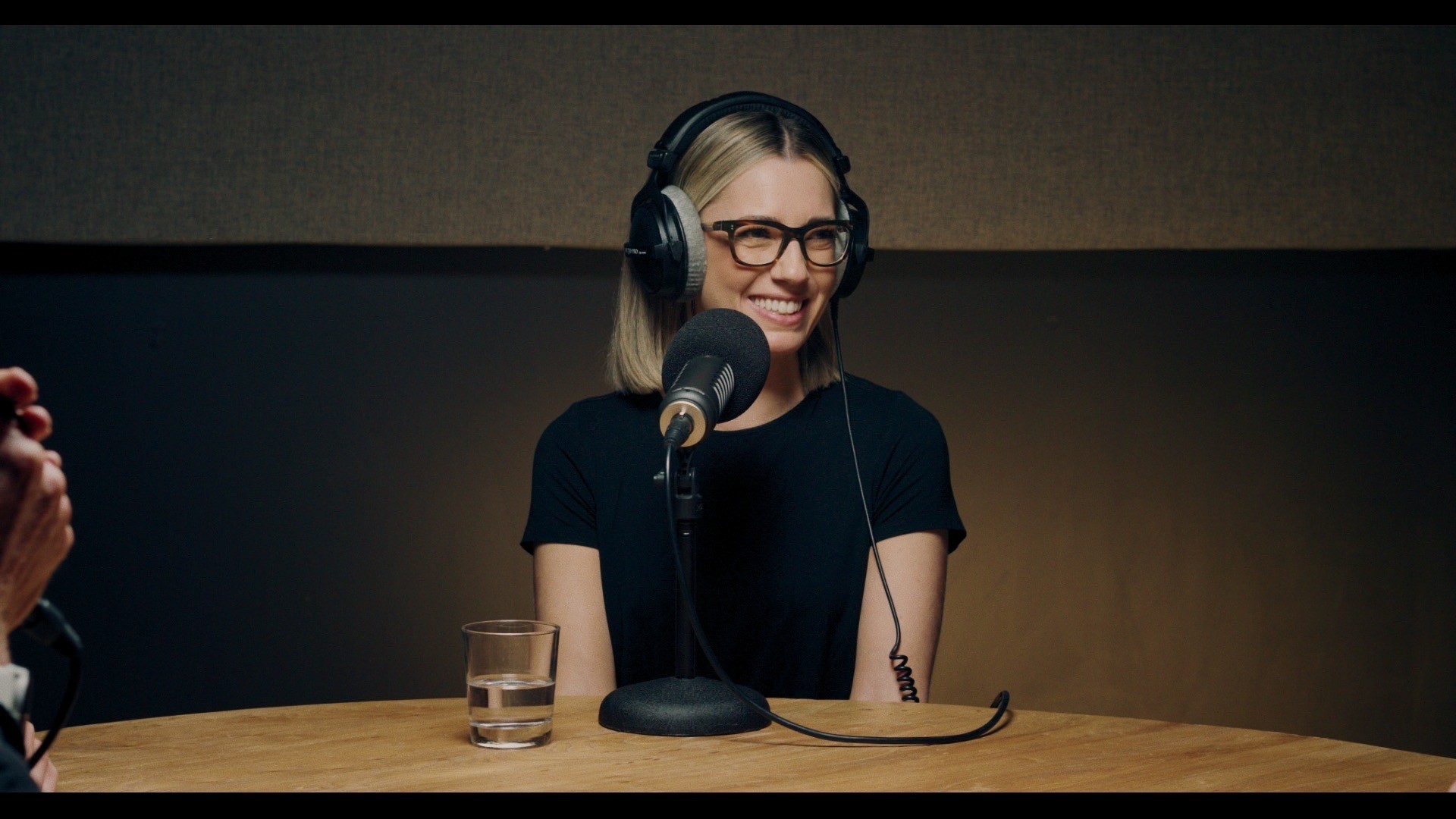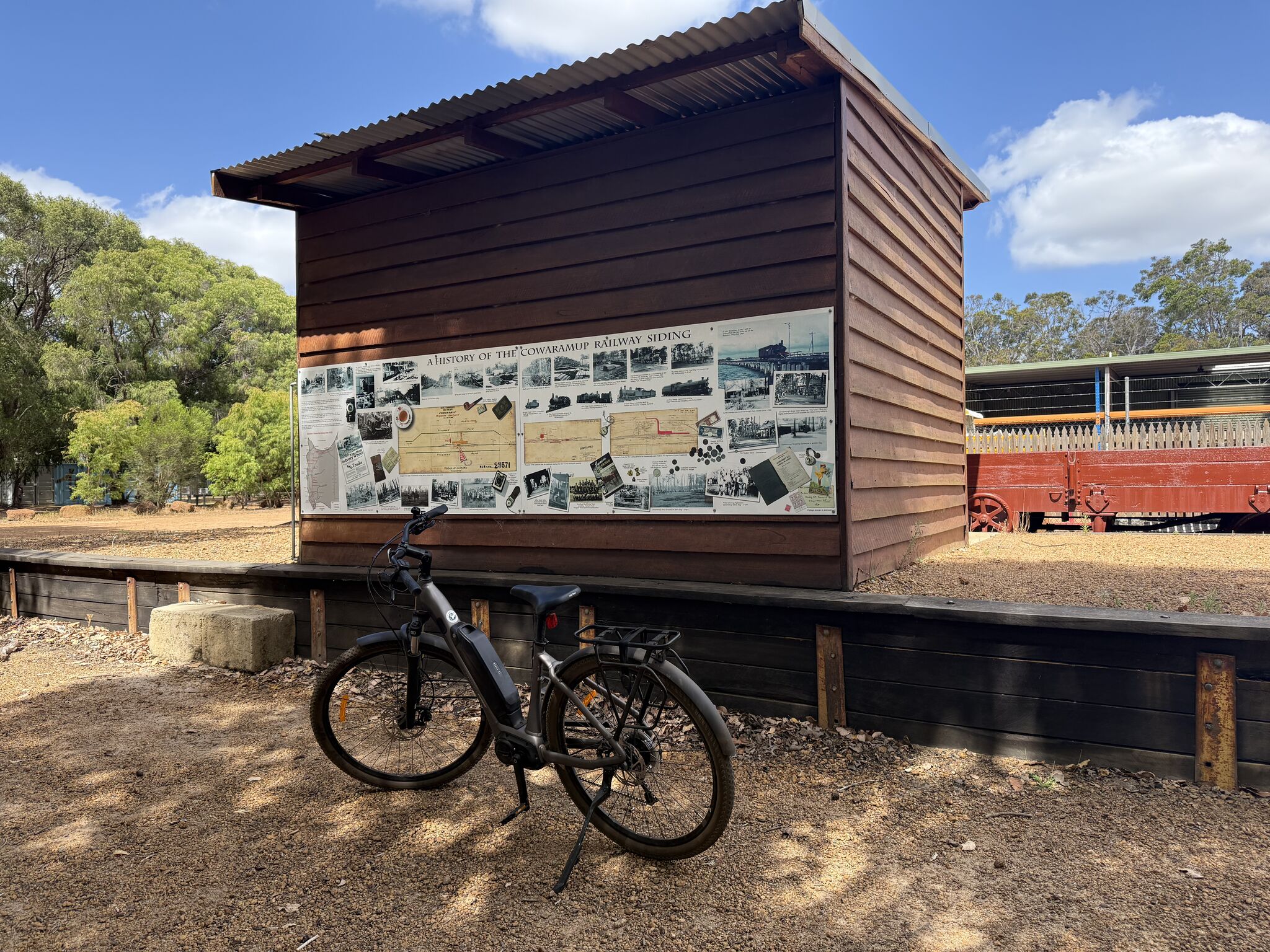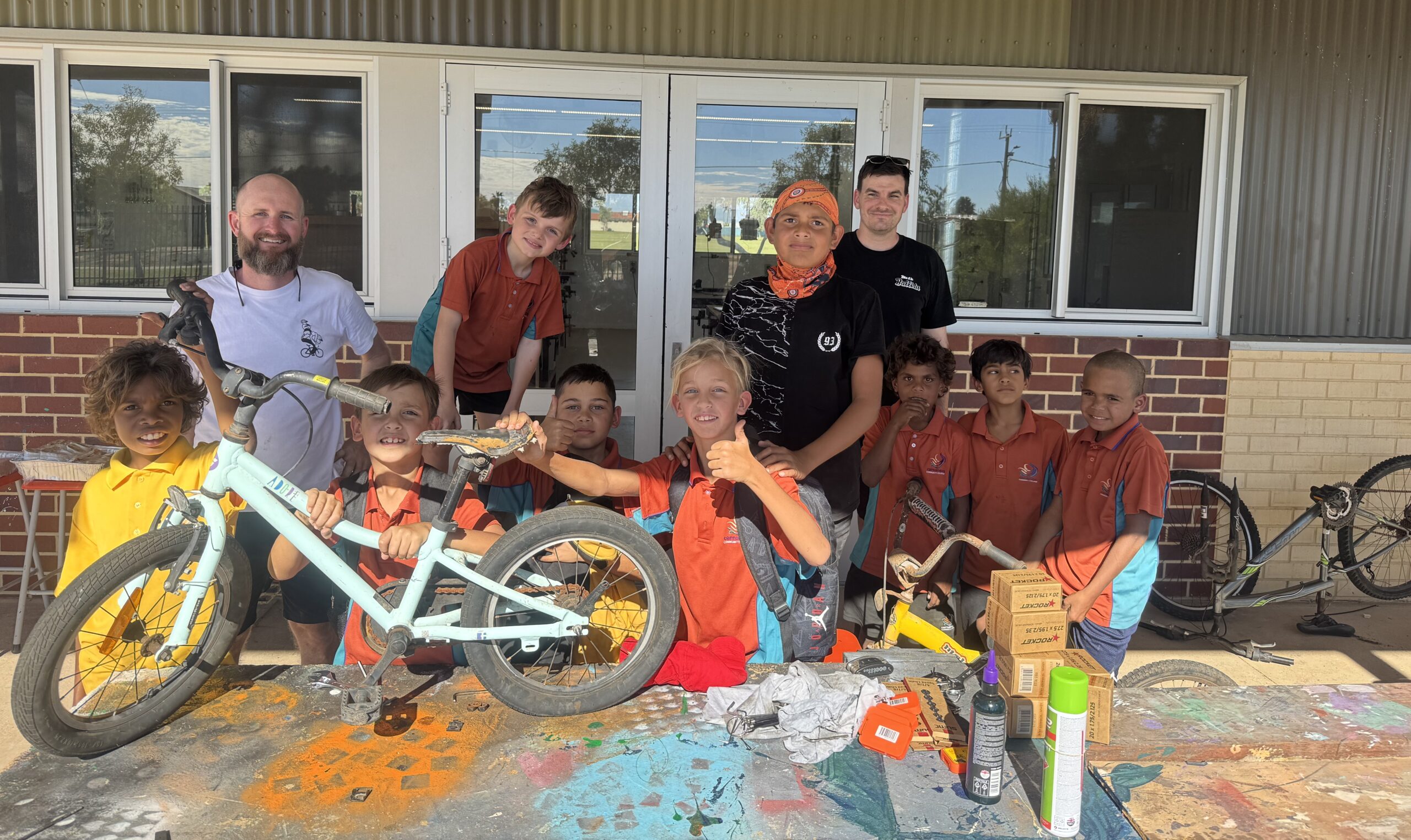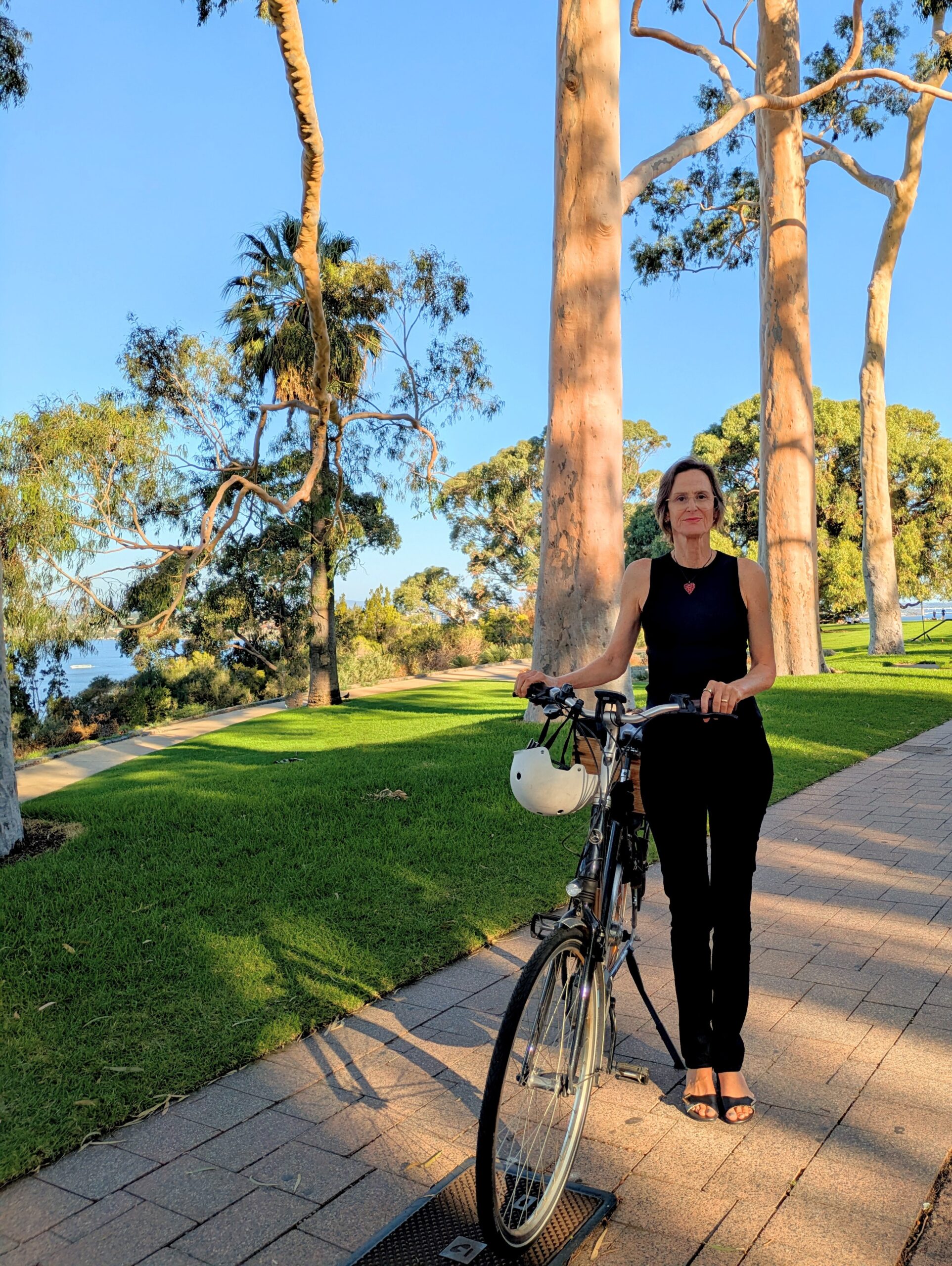Op-ed by Dr Emily Musgrove, Clinical Psychologist in conjunction with WestCycle

While common workplace injuries are decreasing, the impact of stress and workplace mental ill-health in Australia is escalating to critical levels, costing $39 billion a year in lost participation and productivity[1].
I’ve seen a lot of manifestations of stress in 10+ years working as a clinical psychologist – acute stress, chronic stress, parental stress, social justice stress, work stress, climate stress. Stress is part of our everyday lives.
Contrary to popular opinion, not all stress is bad for us. The body is actually very effective at managing short term experiences of it. In fact, short bursts of stress improve resilience and physiological functioning. However, we as humans did not evolve to experience prolonged exposure to stress. Unmanaged stress is linked to an increased risk of significant mental and physical illness. It can severely compromise our ability to function on multiple levels.
Stress – or more precisely, stressors – stress triggers – are everywhere, including at work. So it is really important to build de-stress techniques into your daily routine.
Physical movement is one of the best stress busters there is.
When we feel stressed we often have the urge to “zone out” with a glass of wine, scrolling the phone or watching TV. While these might feel good at the time, they do not have lasting, genuine benefits to your health or wellbeing. In the longer term, these behaviours actually make stress worse.
One of the most evidence-based stress management strategies is movement. A great way to de-stress at the end of the day is to literally shake it off – get your body moving. It doesn’t have to be hard or long, but moving your body as you transition from work to homelife is a proven way to manage stress. So how can we integrate movement into your daily commute?
Bikes: Your very own stress-buster
Even the most bike-averse person or family will usually have at least one bicycle lying around somewhere. And that old jalopy, like all bikes, is a scientifically-backed stress management machine!
Cycling has also been shown to reduce the levels of stress hormones, such as cortisol and adrenaline. More prosaic benefits include cardiovascular regulation, improved immune function, increased overall fitness, skill and goal attainment (which boosts confidence and can reduce stress) and communing with nature and other riders.
When you ride a bike you become more attuned to your surroundings, your body’s movements and the rhythm of your breath. This heightened awareness can serve as a form of moving meditation, helping you stay present and focused, rather than dwelling on stressors. When you ride to work you’re not only more relaxed but also more energised and ready to tackle the day’s challenges.
Riding to work puts you in control of your commute, which can itself be liberating and empowering. It can counteract feelings of being overwhelmed that are linked to stress. You’re not dependent on public transportation schedules or suffering the tyranny of the traffic jammed. You’re doing something positive for the environment. This sense of control can spill over into other areas of your life, helping you manage stress more effectively.
The joy of cycling
More broadly, any hobby or activity that brings joy and satisfaction are crucial to our sense of wellbeing. Riding to work fits in here – a hobby that you can look forward to every day. Gone the chore of commuting, replaced with something energising, joyful and revitalising!
So grab your helmet, hop on your bike, and start pedalling your way to a happier, healthier, and less stressful life.
National Ride to Work Day in 2023 is October 18.
#RidetoWorkWA
#WABikeMonth2023
Find out more at westcycle.org.au/ride-to-work-day
For more information contact:
Shane Starling
WestCycle Communications Manager
Phone: 0492 897 199
Email: [email protected]
[1] “Modern work: how changes to the way we work are impacting Australians’ mental health White Paper.” October 2021. Sydney, AU : Black Dog Institute










